Common Vegan Nutrition Mistakes

Switching to a vegan diet sounds simple at first—just stop eating animal products, right? But let me tell you, after watching my cousin stumble through his first few months as a new vegan, I realized that it’s not always that straightforward. People often think going vegan is a one-way ticket to perfect health, but that’s only true if you’re eating the right stuff. And trust me, many people don’t.
I’ve been there, standing in a grocery aisle wondering if hummus counts as protein and Googling things like “Can I survive on peanut butter and toast?” So in this blog, let’s talk about the common vegan nutrition mistakes folks make and how you can sidestep them with ease.
10 Common Vegan Nutrition Mistakes
1. Assuming All Plant-Based Foods Are Healthy
A lot of folks go vegan and immediately start munching on vegan cookies, fries, and mock meats. Just because something says “plant-based” doesn’t mean it’s a nutrient-dense option. Highly processed vegan snacks can still be loaded with sugar, salt, and unhealthy fats.
Instead, aim for whole foods—vegetables, fruits, legumes, whole grains, nuts, and seeds. Yes, the occasional vegan burger is fine, but it shouldn’t be your main source of calories.
2. Not Getting Enough Protein
This one’s huge. It’s one of the first things people worry about when they ditch animal products: “Where will I get my protein from?”
The truth is, it’s not that hard. Lentils, chickpeas, tofu, tempeh, edamame, quinoa, black beans, seitan—all great sources of protein. But you have to be intentional. Just eating salads and fruit won’t cut it.
I remember trying to convince my gym buddy that yes, you can build muscle on a vegan diet, but you need to fuel right. He was living on oatmeal and almond milk. Needless to say, he wasn’t gaining any strength.
3. Skipping Vitamin B12
Vitamin B12 is the one nutrient you absolutely cannot get from plant foods in sufficient amounts. It’s produced by bacteria and found naturally in animal products. If you’re vegan, you need to supplement or eat B12-fortified foods like plant milks, breakfast cereals, and nutritional yeast.
Ignoring B12 can lead to fatigue, memory problems, and even nerve damage. It’s not optional—take it seriously.
4. Forgetting About Iron and Zinc
Iron in plant foods (non-heme iron) isn’t absorbed as well as the iron in meat. The same goes for zinc. Vegans need to be a bit more mindful about getting enough of these minerals.
Good sources include lentils, pumpkin seeds, tofu, quinoa, fortified cereals, and dark leafy greens. Pairing these with vitamin C-rich foods (like oranges, tomatoes, or bell peppers) can improve iron absorption.
Once, during a winter internship, I started feeling constantly drained. Turns out, it was a borderline iron deficiency. A few diet tweaks later, I was back to normal. Sometimes it really is what you eat—or don’t eat.
5. Eating Too Few Calories
Plant foods are generally lower in calories, so you might need to eat more volume to meet your daily energy needs. A bowl of salad with a drizzle of olive oil and a handful of nuts might sound like a meal, but it probably won’t keep you full for long.
If you’re always hungry or feeling tired, it might not be lack of nutrients, but lack of total calories. Make sure your meals are satisfying—add grains, legumes, and healthy fats to keep you going.
6. Not Planning Meals
The beauty of a well-planned vegan diet is that it can be healthy, energizing, and delicious. But winging it? That’s a recipe for nutritional gaps and uninspired eating.
You don’t have to turn into a meal prep guru, but having a rough plan helps. Know what’s for breakfast, lunch, and dinner—at least loosely. Have staples like beans, rice, pasta, and frozen veggies on hand. It’ll save you from reaching for instant noodles every other night.
Check out our guide on the Vegan Lifestyle for Beginners to help get started with easy meal ideas.
7. Depending Too Much on Supplements
On the flip side, some people overdo it with pills and powders. A vegan diet should primarily come from real food. Apart from B12 (and maybe Vitamin D if you live somewhere with little sun), you shouldn’t rely on supplements to fill in the gaps.
Eat a rainbow. Whole plant foods offer fiber, antioxidants, and other nutrients you won’t find in a bottle.
8. Ignoring Omega-3s
Fish is a common source of omega-3 fatty acids, but what about vegans? You can get ALA (a precursor to EPA and DHA) from flaxseeds, chia seeds, walnuts, and hemp seeds. However, conversion to DHA is quite low, so consider an algae-based DHA supplement.
Your brain and heart will thank you.
9. Lack of Variety
Eating the same five meals over and over? That’s a fast track to boredom and nutrient gaps. Variety matters.
Try new grains like amaranth or buckwheat. Experiment with global cuisines—Indian dal, Ethiopian lentil stew, Thai tofu curry. It keeps things exciting and ensures a better nutrient mix.
I used to rotate between rice and chana every day, until I discovered how easy Korean japchae is to veganize. Life-changing.
10. Being Too Hard on Yourself
Last but not least, give yourself some grace. Maybe you accidentally ate something with milk powder. Maybe you caved and had a slice of pizza at your cousin’s wedding. It happens.
Veganism isn’t about perfection. It’s about making better choices most of the time. Learn from slip-ups and move on.
Conclusion
Living a vegan life can be fulfilling, healthy, and tasty, but it does take a little thought. Avoid these common vegan nutrition mistakes, and you’re well on your way to thriving—not just surviving—on plants. And hey, don’t be afraid to reach out to a nutritionist or dietitian who understands plant-based diets. That’s not weakness—that’s smart living.
FAQs About Common Vegan Nutrition Mistakes
1. Can I get enough protein on a vegan diet without supplements?
Yes, absolutely. Focus on beans, lentils, tofu, tempeh, quinoa, seitan, and plant-based protein-rich grains. A well-planned diet covers your needs.
2. Is it okay to eat vegan junk food occasionally?
Sure. A treat here and there is fine. Just make sure the majority of your diet is built around whole, unprocessed foods.
3. What are signs I might be nutrient deficient on a vegan diet?
Fatigue, hair loss, brittle nails, poor concentration, or frequent illness could be signs. If you’re unsure, consult a doctor and get a blood test.
4. Do vegans need a multivitamin?
Not necessarily. If you eat a varied diet and supplement with B12 (and DHA if needed), you may not need one. But it can be a safety net for some.
5. How can beginners avoid these common vegan nutrition mistakes?
Start with a little research and meal planning. Read labels, learn about key nutrients like B12, iron, calcium, and omega-3s.
Share this content:

A seasoned chef with over 10 years of experience in New York. I passionately share my journey and healthy, flavorful recipes online.
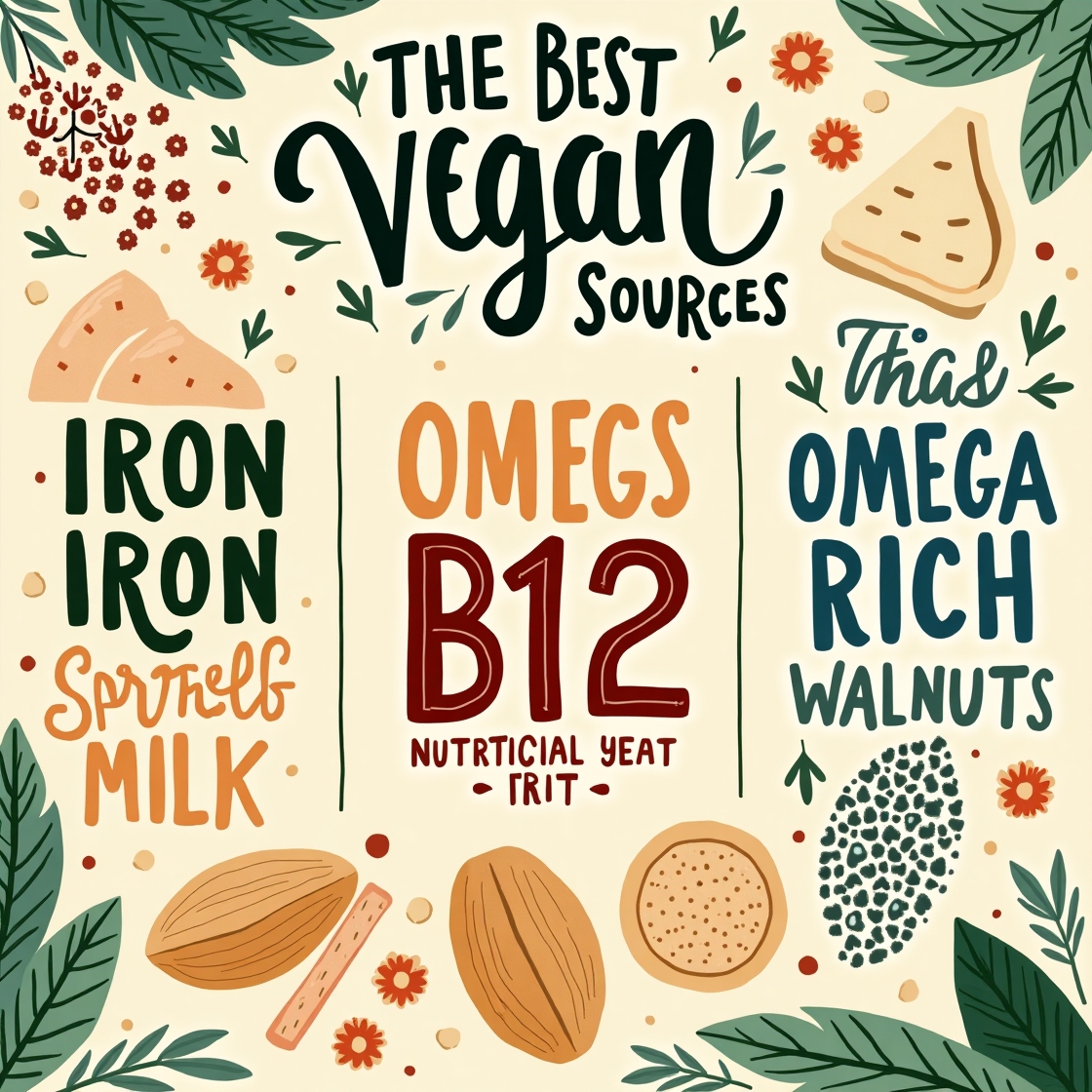


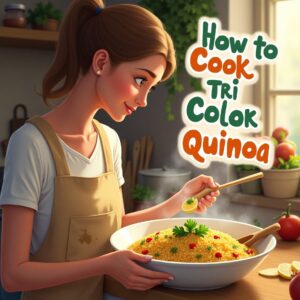



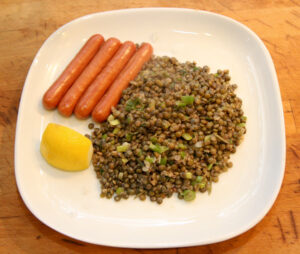
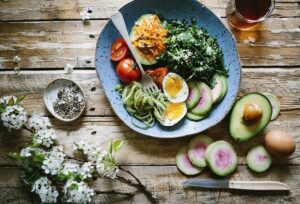



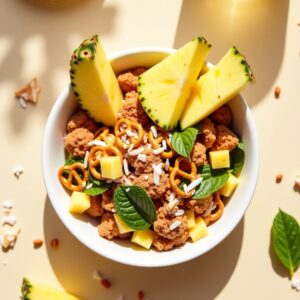
Post Comment